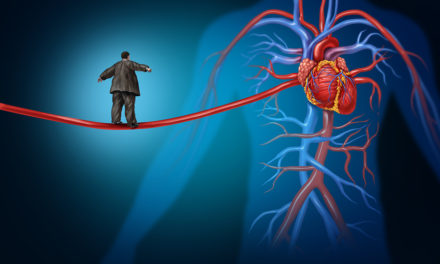Flavonoids are a class of water-soluble plant pigments found in fruits, vegetables, and certain beverages that have antioxidant effects. Antioxidants are compounds that protect cells against the damaging effects of reactive chemicals known as free radicals. Free radicals can cause oxidative stress, leading to cellular damage.
Oxidative stress has been linked to cancer, aging, atherosclerosis, ischemic injury, inflammation and neurodegenerative diseases (Parkinson’s and Alzheimer’s). Flavonoids may help provide protection against these diseases by contributing to the total antioxidant defense system of the human body. Studies have shown that flavonoid intake is inversely related to mortality from coronary heart disease and to the incidence of heart attacks.
Flavonoids are broken down into categories. There is some controversy on how to categorize these substances. One system breaks flavonoids into isoflavones, anthocyanidins, flavans, flavonols, flavones, and flavanones.Some of the best-known flavonoids, such as genistein in soy, and quercetin in onions, can be considered subcategories of categories. Although they are all structurally related, their functions are different. Flavonoids also include hesperidin, rutin, citrus flavonoids, bilberry and a variety of other supplements.






